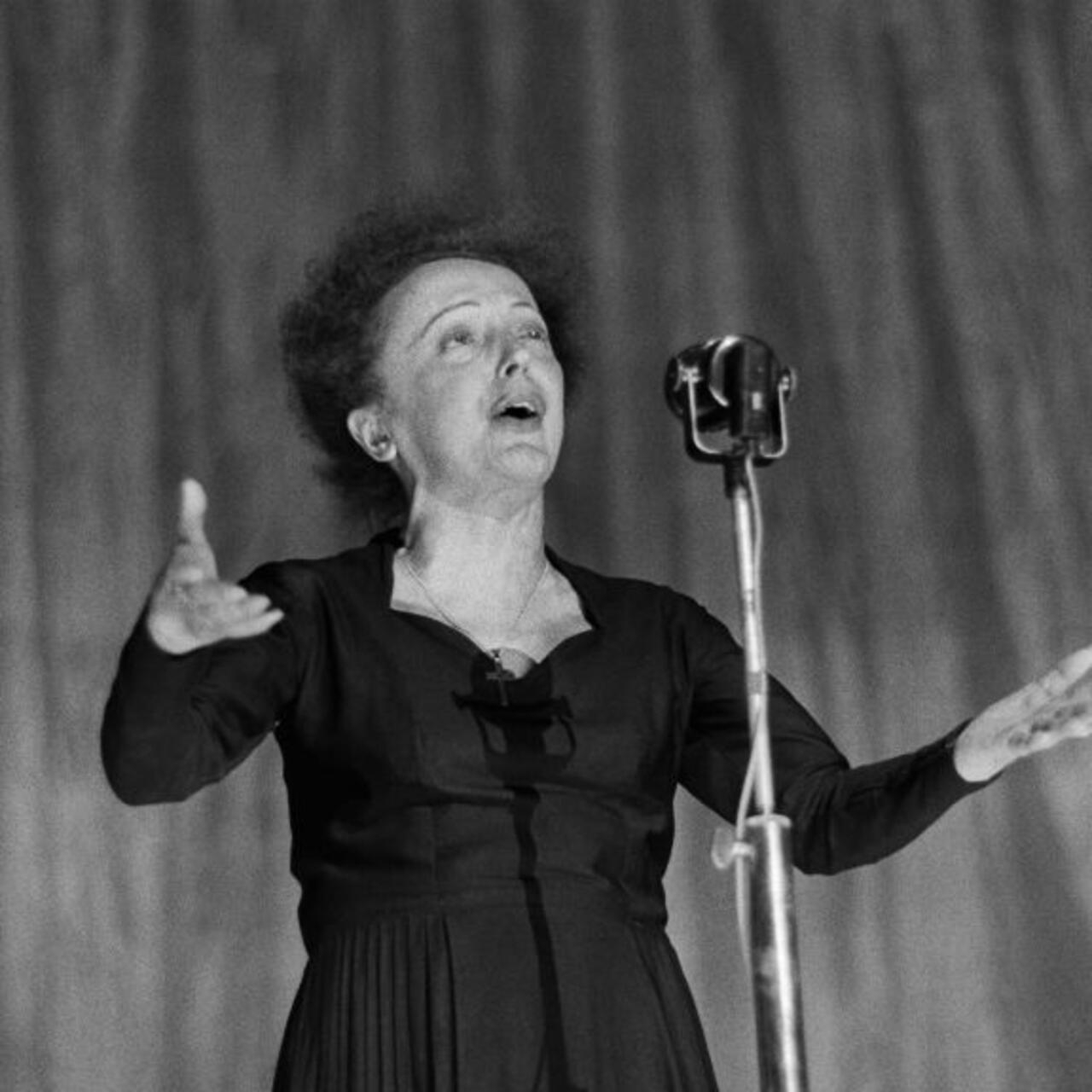Names: Name Structure
In France, the naming structure is characterized by a clear blend of tradition and modernity, reflecting the country's rich cultural history. A typical French name consists of a first name (prénom) followed by a family name (nom de famille). French first names are often chosen for their meanings and may be influenced by religious, historical, or cultural figures. In recent decades, there's been a trend toward a greater variety of first names, reflecting the country's increasing cultural diversity. The family name, which is passed down through generations, typically reflects ancestral lineage and often indicates regional origins or historical family trades. Historically, French law played a significant role in naming practices, with restrictions on permissible names based on linguistic and cultural standards. However, these regulations have relaxed over time, allowing for a wider range of names. This naming structure, while evolving, remains a significant marker of personal identity and cultural heritage in France.
Name Format / Sequence
Given Name(s) | Surname(s)
Names in France generally consist of one to two given names (first names) and a surname (family name). More than one surname is sometimes used, and both given and family names in France may be hyphenated.
Examples:
- Georges-Pierre Seurat, French painter (male)
- René Descartes, French philosopher and mathematician (male)
- Albert Camus, French author and philosopher (male)
- Georges Bizet, French composer (male)
- Édith Giovanna Gassion, French singer known as Édith Piaf (female)
- Jean-Paul Charles Aymard Sartre, French philosopher and novelist (male)
- Jacques-Yves Cousteau, oceanographer (male)
- Louis Braille, educator and inventor of reading/writing system for the blind (male)
- Simone Lucie Ernestine Marie Bertrand de Beauvoir, French writer and philosopher (female)
Given Name
French children are given one or two first names by their parents at birth. Prior to 1993, these were chosen from a government list of acceptable first names. Although French parents are less restricted now in their choices, the French government will reject proposed names that deviate too far from French naming traditions. France is a multicultural society, and names in languages other than French are common.
There are a large number of French first names. Many traditional French given names reference the Catholic religion. Examples include the male names Jean, Michel, Pierre, and Jean-Baptiste, and the female names Jeanne, Marie, and Marguerite.
While most French first names are gendered, some traditional French first names can be given to both boys and girls (for example, the unisex names Camille, Claude, Dominique, and Maxime). The gender of French given names can be modified with the feminine suffixes -e, -ette, or –ine. For example, the names Arnaude, Jacqueline, Géraldine, and Jeanette are feminized versions of the male names Arnaud, Jacques, Gérald, and Jean.
Hyphenated first names are very popular in France; these generally couple two given names of the same gender, like the male names Jean-Pierre and Paul-Henri, or the female names Anne-Laure and Marie-Élise. However, some hyphenated French first names mix genders, with the “correctly” gendered name placed first (e.g., Jean-Marie for a man, Marie-Jacques for a woman). In cases when people have two first names, only the first is used in daily life or for reference; the full name is reserved for formal documents alone (e.g., the former prime minister is called Jacques Chirac, not Jacques René Chirac).
Examples:
- Claude (male)
- Jean-Jacques (male)
- Michel (male)
- Karine (female)
- Léa (female)
- Marie (female)
- Marie-Élise (female)
Surname
In France surnames are passed to children from their parents, traditionally along the paternal line. Many French surnames originated as patronymic names, derived either by adding patronymic suffixes to the father's given name, such as Depaul (son of Paul) or Moreau (son of the Moor). Some surnames derive from an ancestor's given name, such as the surnames Girard, Martin, and Richard. Other French surnames originally identified occupations; examples include Fournier (Baker) and Lefèvre (Ironsmith). Some describe locations (Desmarais, “from the marsh;” Dupont, “from [near to] the bridge”), or personal characteristics, as in the names Brun (Brown [hair/complexion]) and Petit (Small). Particles used in French surnames include de- (of), du-, and dela- (of the). The particle de is sometimes given separately (e.g., de Villepin); this practice generally indicates noble roots.
France’s population has grown increasingly diverse, and French people have surnames from all over the globe. A significant proportion of the population is of African descent, which can be seen in the prevalence of African surnames (for instance, the French writer Marie NDiaye’s surname reflects her Senegalese heritage).
Examples:
- Martin
- Petit
- Dubois
- Moreau
- Lefèvre
- de Villepin
- Thomas
- Laurent
Married / Maiden Name
While French women do not traditionally take their husband's surname on marriage, women may chose to adopt their husband's name for casual usage, retaining their original surname legally.
Diminutives / Nicknames
People in France often shorten given names to nicknames or attach affectionate diminutive suffixes such as -et and -ot for male names and -ette for female names. Diminutive versions of traditional French names are commonly used as official first names (e.g., Annette, originally a diminutive of Anne).
Examples:
- Jeanne: Jeanette (female)
- Élisabeth: Babette, Élise, Lise, Lisette (female)
- Pierre: Pierrot (male)
- Théodore: Théo (male)
Forms of Address / Honorifics / Titles
First names in France are reserved for family and close friends. To politely refer to someone else in France, add the courtesy titles Monsieur (for men), Madame (for married women), or Mademoiselle (for unmarried women) before the surname. When addressing someone directly, courtesy titles are used alone, without surnames.
The title Maître is used for lawyers of all genders, as is the title Docteur, given to those possessing a doctoral degree as well as for medical physicians.
Examples:
- Monsieur Michel de la Vieuville (Mr. Michel de la Vieuville; formal)
- Mademoiselle Deneuve (Miss Deneuve)
- Madame Duras (Mrs. Duras)
- Docteur Moreau (Dr. Moreau)
- Maître Dubois (Attorney Dubois)
Article written for World Trade Press by Carina Saxon.
Copyright © 1993—2024 World Trade Press. All rights reserved.

 France
France 
